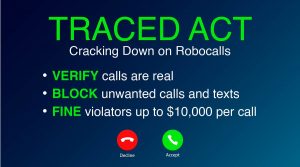Borrowing a line from Leynrd Skynrd’s song, three quick steps to the doorway of business organization will get you into today’s preferred format for your business – a limited liability company (“LLC”). So here are the three quick steps:
- Draft and file the Illinois Articles of Organization. This is a required form offered by the Illinois Secretary of State and gives the State all of the required details for your LLC. This is required in every state. Although the questions seem simple, each one can have some serious ramifications for your business. Even the choice of a Registered Agent is one that should be considered with care.
- Every LLC needs an Operating Agreement. The is an important document as it relates to the ownership, management and taxation of the business.
 Chicago Business Attorney Blog
Chicago Business Attorney Blog





